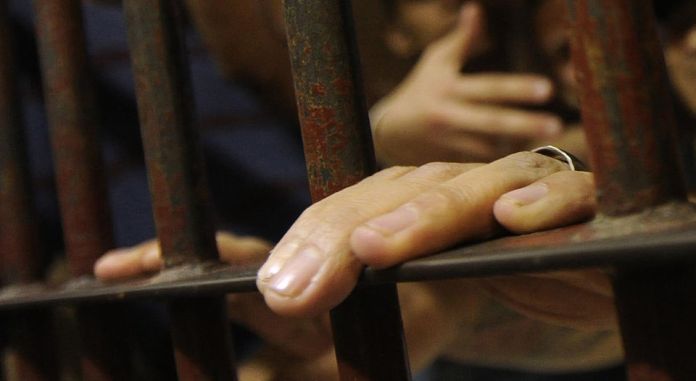
Putting a stop to prisoners carrying out scams and other crimes, mainly extortions, from behind bars is the aim of a bill proposed by the government, that would compel telecommunication companies to block their cellular signals within prisons.
According to the Organismo de Investigación Judicial (OIJ), in 2014 the number of crimes carried out from prisons were 468, by 2015 it rose to 685.
The OIJ noted that in 2015 a total of 28 computer frauds were committed, however, in January of this year alone, 77 crimes were recorded.
The bill proposes to give the telecoms (Kolbi, Movistar and Claro) six months to implement the necessary measures to their networks to block their cellular signals past the prison walls.
The effort is not new, nor are the complaints. As smartphone technology increases, so does the opportunities for convicted criminals to continue operating the other side of the bars.
In 2009, prison authorities installed antennas to block cellular calls from La Reforma prison in Alajuela, however, extortion and scams continued to increase. The reason, the antennas placed only blocked GSM signals, while inmates committing crimes continued to use the older TDMA phones.
Another attempt was made in 2011, when the Ministerio de Justicia (ministry of Justice*) banned the use of cell phones in prisons. However, it allowed the sale phone cards (for use on public pay phones). The thinking behind that was that calls originating from prisons would be announced to the caller.
Despite the efforts, the unstoppable trafficking that occurs within the prison system allows for cellular phones to be accessible to prisoners, and rarely, if any punishment is handed out for violations.
The new plan places the burden on the telecommunications companies.
Source La Nacion
* In Costa Rica the Justice ninistry is the government branch that runs the prison system.


